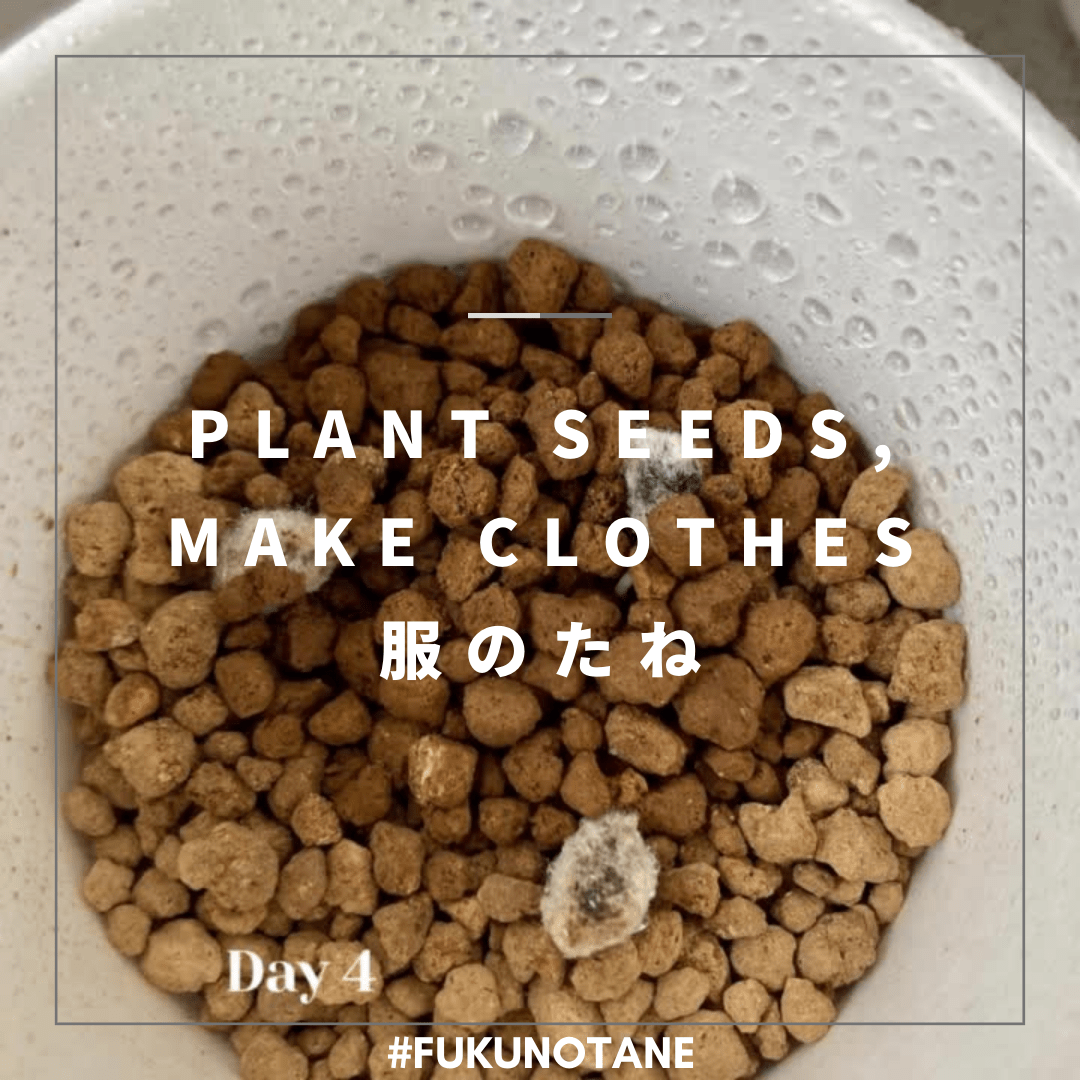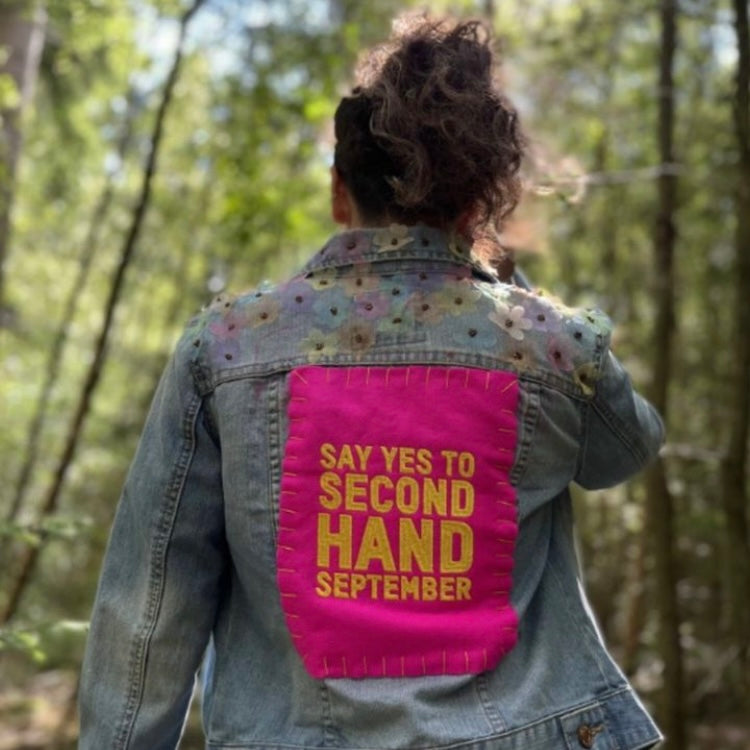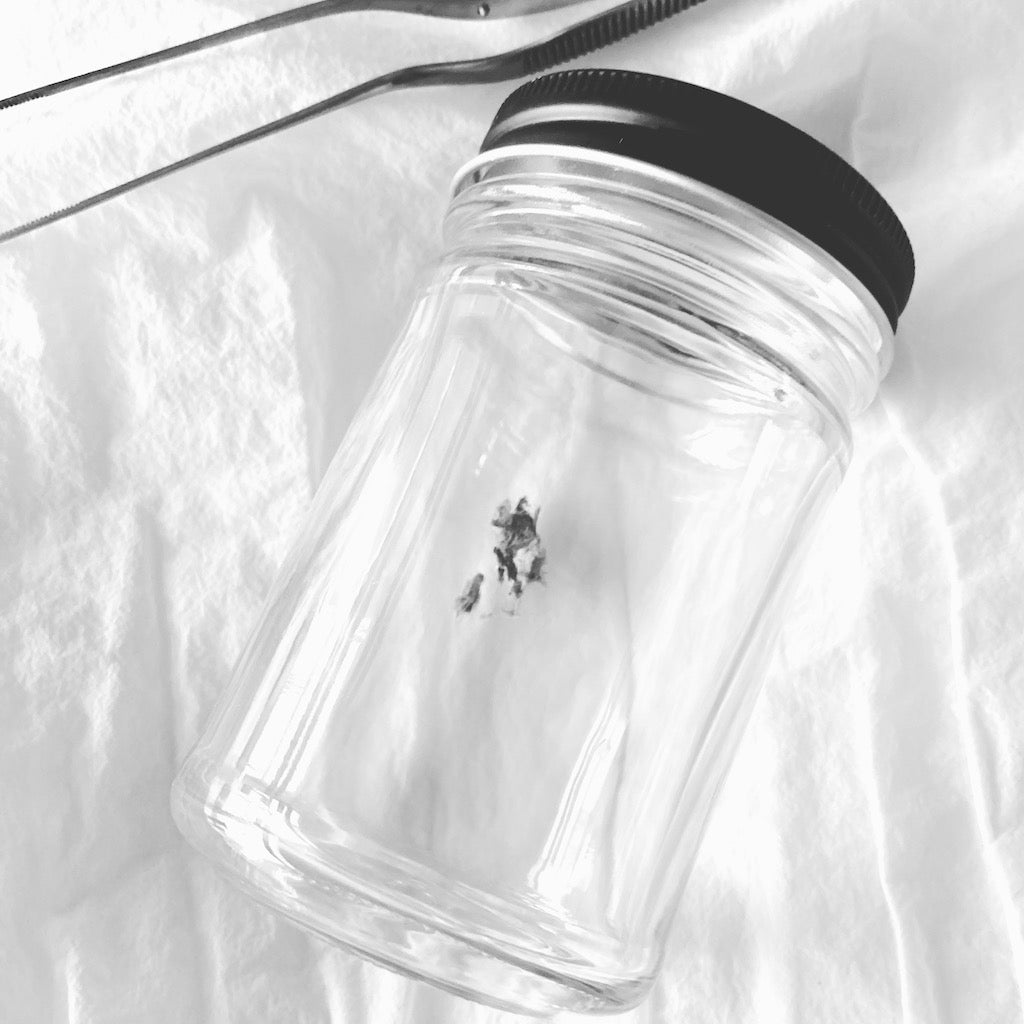France launches the Textile Eco-Score
France has officially introduced its Textile Eco-Score (coût environnemental), a new environmental labeling system for textiles. How does the scoring work?
New Sustainability Rules for Fashion in Europe
New Sustainability Rules for Fashion in Europe! The European Parliament has approved new rules requiring fashion brands to cover the costs of collecting, recycling, and sorting textile waste.
This can be a major step toward accountability in fashion.
Small Actions, Big Impact - Reuse & Recycle Boxes
SMALL ACTIONS, BIG IMPACT
Helping to realize a “society that doesn't throw things away" by circulating clothing and sundries
Good On You : Fashion’s sustainability ratings
Don’t know how to explore slow fashion, sustainable fashion and ethical fashion? Check with @goodonyou_app which is Fashion’s #1 source of sustainability ratings.
SAKI'S SUSTAINABLE DAILY - VOL. 8
Hi! I’m Saki, Borderless Creations’ Ambassador!
In March, French lawmakers approved bill to apply penalties on fast fashion. Today, I would like to write about my priorities related to buying clothes, fashion items and… my struggles.
Resource circulation service “Recycle Stand”
Do you live around Daikanyama? Go and visit the resource circulation service “Recycle Stand” at Daikanyama!
GUPPYFRIEND® Washing Bags [Part 2 of 2]
GUPPYFRIEND® Washing Bags [Part 1 of 2] - Evolution of the new model (Comparison with the old model)
Repair is a radical act
Repair is a radical act - One great action we can take is to make things last longer. The other day the zipper part of my son's Patagonia coat broke, so we went to the store to request for a repair.
GUPPYFRIEND® Washing Bag [Part 1 of 2]
GUPPYFRIEND® Washing Bags [Part 1 of 2] - Look at what you can see after using this bag for a month!
FUKUNOTANE : PLANT SEEDS, MAKE CLOTHES - 2023
We’ve been participating since 2021 in the one-year project called Fuku no Tane, which helps you understand the process of making clothes by harvesting organic cotton. This year will be our third year. The harvested cottons from the first and second year has come back as clothes!
SECOND HAND SEPTEMBER
Take the Second Hand September challenge! Make your pledge to shop second hand for 30 days.
Plastic particles that flow out of households
Most of the clothing you wear every day contains some percentage of synthetic fibers. We will talk about microplastic particles flowing out of our households and what we can do about it.



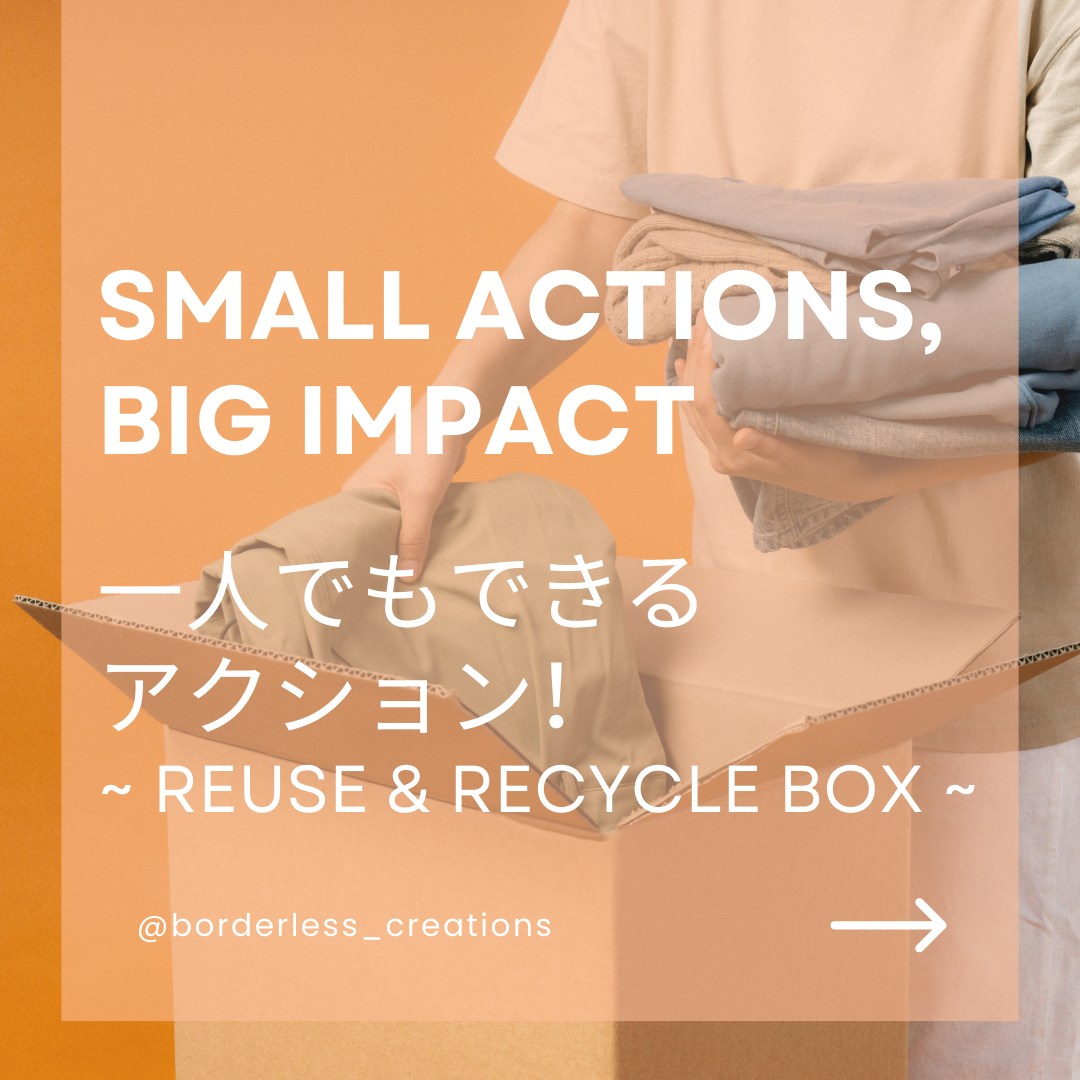
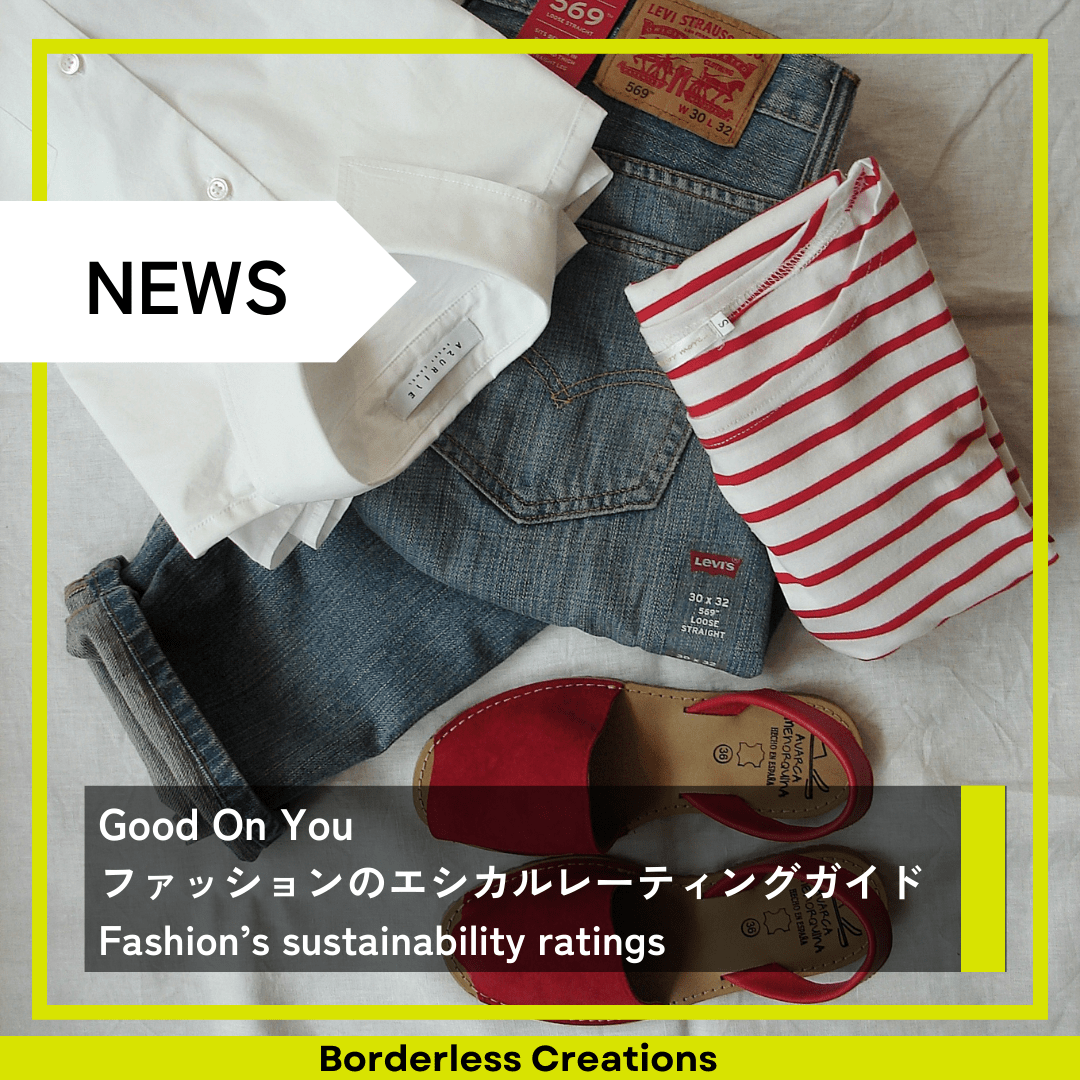
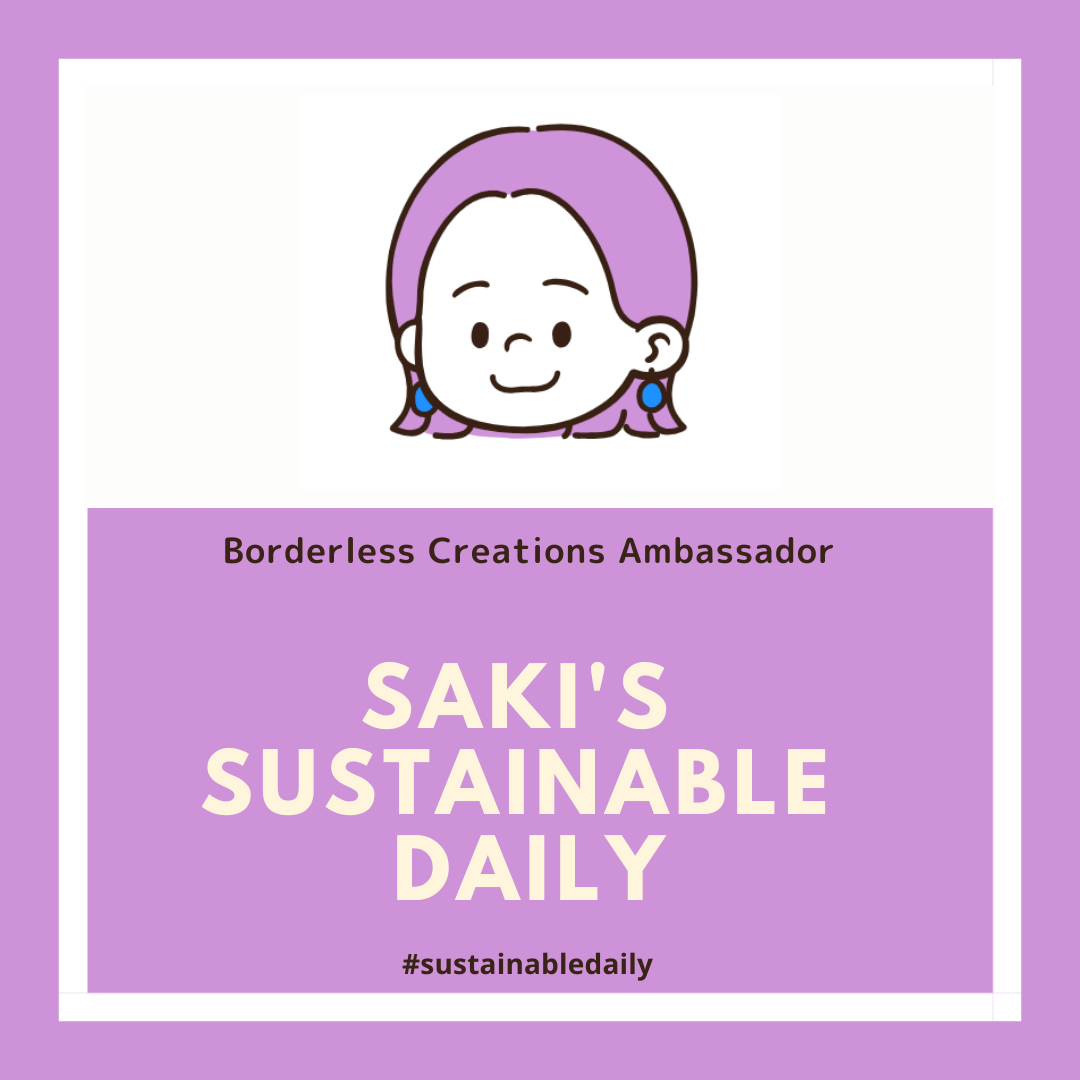
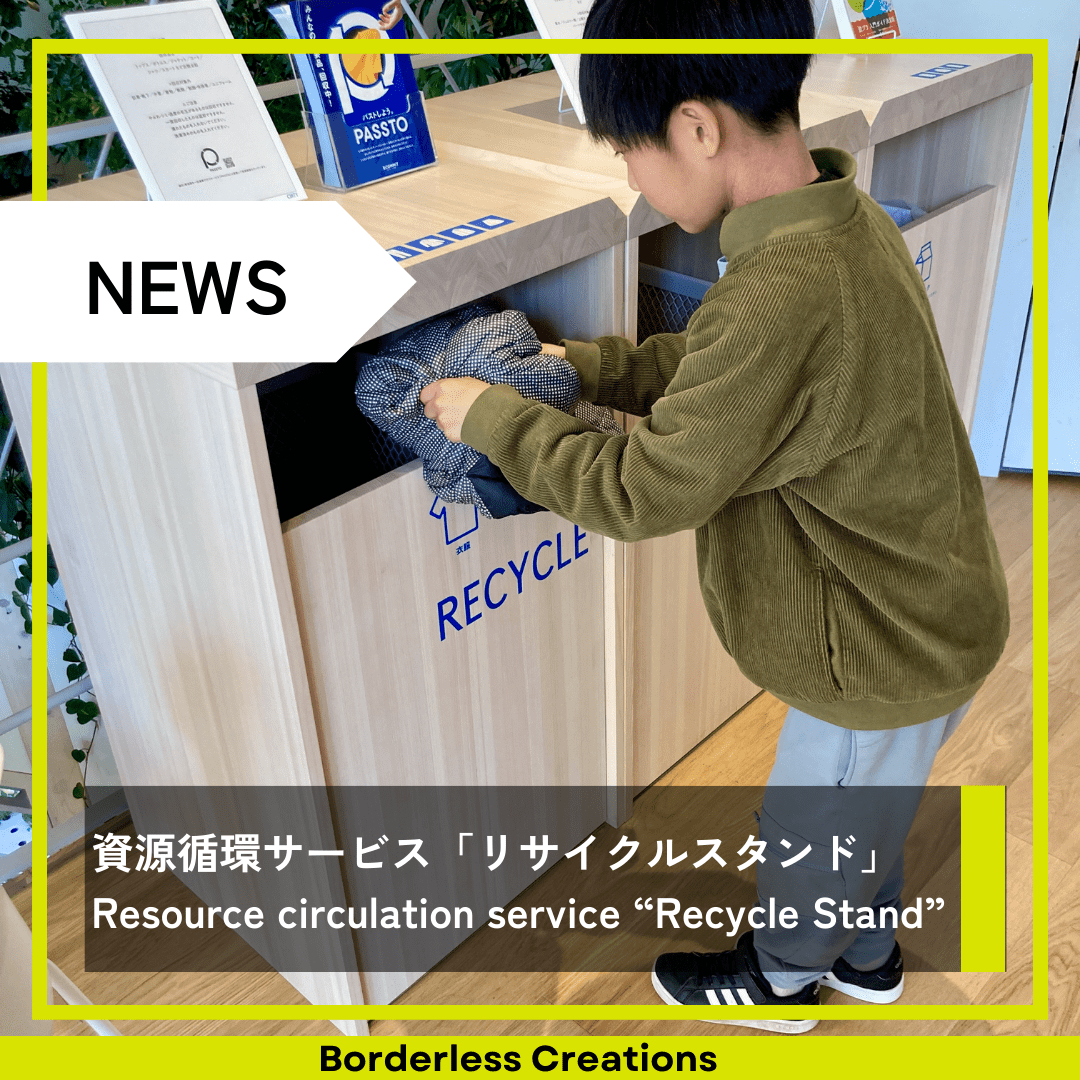
![GUPPYFRIEND®ウォッシングバッグについて [後編]](http://borderlesscreations.com/cdn/shop/articles/121823_t.jpg?crop=region&crop_height=1024&crop_left=0&crop_top=0&crop_width=1024&v=1702777214&width=1024)
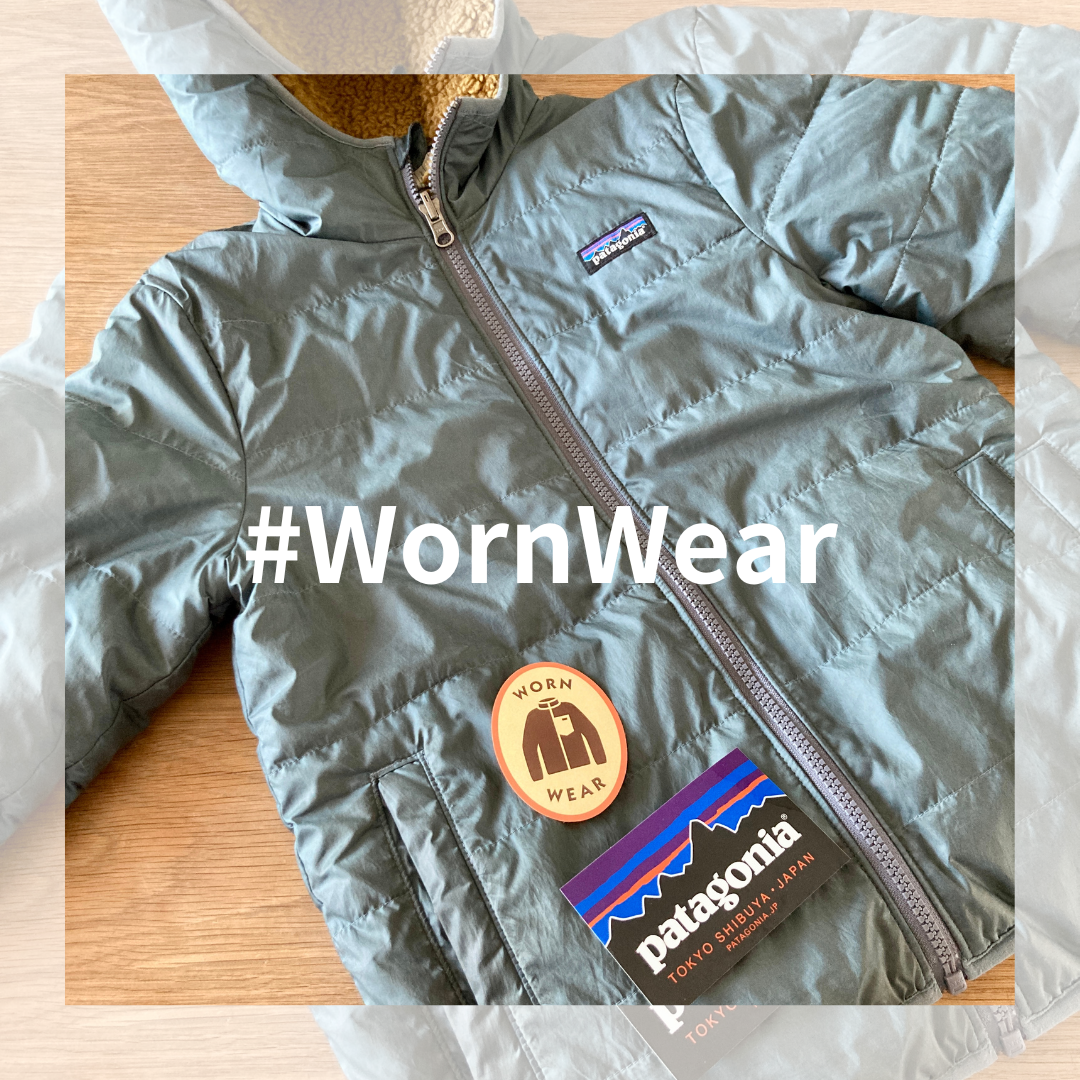
![GUPPYFRIEND®ウォッシングバッグについて [前編]](http://borderlesscreations.com/cdn/shop/articles/2.jpg?crop=region&crop_height=800&crop_left=0&crop_top=0&crop_width=800&v=1701152641&width=800)
